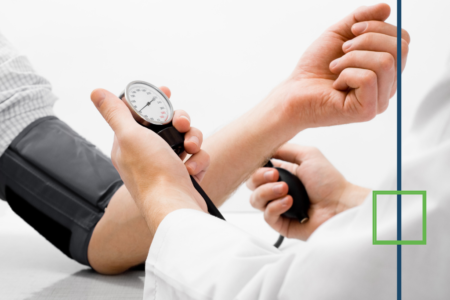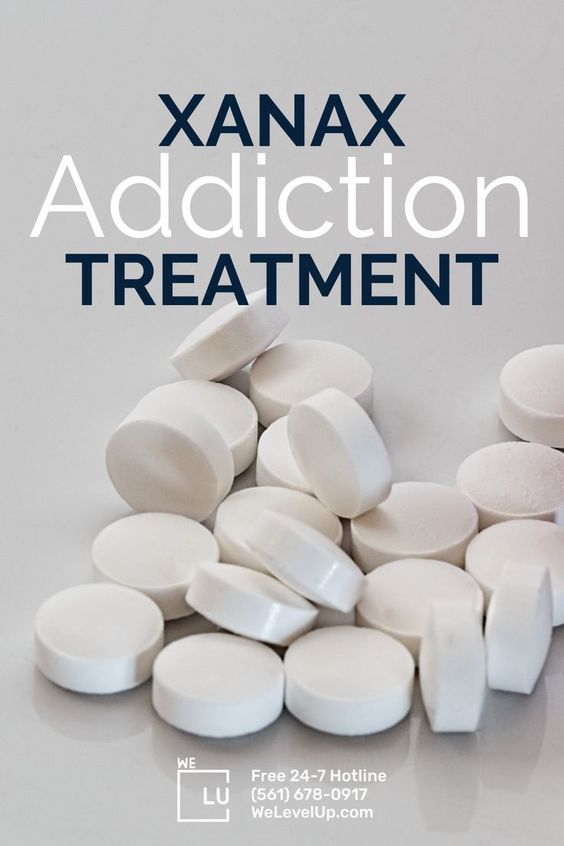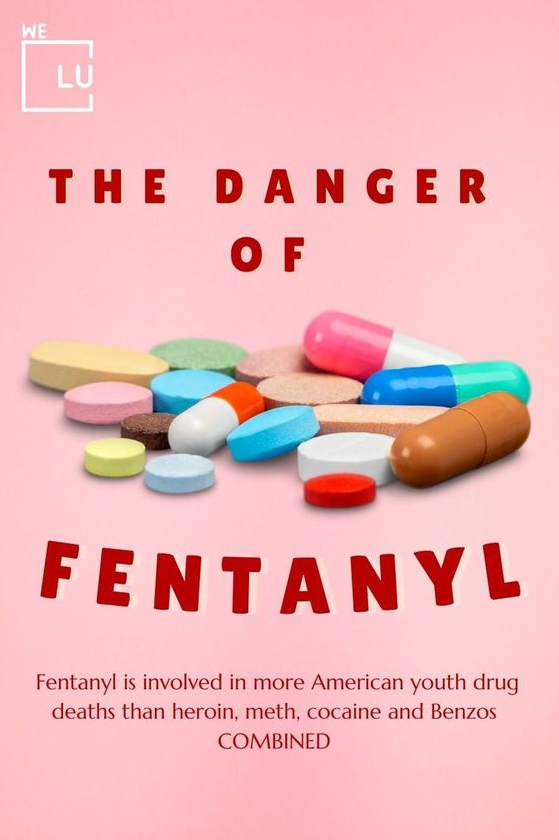Acute Alcohol Intoxication Overview
Acute alcohol intoxication is a clinically harmful condition that usually follows the ingestion of a large amount of alcohol. Clinical manifestations are heterogeneous and involve different organs and apparatuses, with behavioral, cardiac, gastrointestinal, pulmonary, neurological, and metabolic effects. The management of an intoxicated patient occurs mainly in the emergency department and is aimed at stabilizing the clinical condition of the patient, depending on his/her clinical presentation.
One specific drug that is useful in the treatment of acute alcohol intoxication is Metadoxine, which is able to accelerate ethanol excretion. In patients presenting an acute alcohol intoxication, alcohol-related disorders should be detected so that the patient can be directed to an alcohol treatment unit, where a personalized, specific treatment can be established. [1]
Symptoms
Symptoms after drinking include:
- Slurred speech
- Incoordination
- Mood and behavior changes
- Sometimes, a coma can occur

People may also experience:
Whole-body:
- Alcohol Blackout
- Dehydration
- Flushing
Cognitive:
- Amnesia
- Mental confusion
- Unresponsiveness
Gastrointestinal:
- Nausea
- Vomiting
Behavioral:
- Aggression or lack of restraint
Other common symptoms:
- Depression
- Euphoria
- Problems with coordination
- Rapid involuntary eye movement, or slurred speech
How is acute alcohol intoxication treated?
Acute alcohol intoxication is managed with rest, hydration, and stopping alcohol use. Severe cases require hospital admission, intravenous fluids, observation, and supportive care. After an episode of acute alcohol intoxication, it takes time to recover. The person will be hospitalized until their vital signs return to normal. This may take days, up to weeks.
During the recovery period, a person may experience a depressed mood and appetite, discomfort, and memory problems. Even after a person is released from hospital care, it can take up to a month for them to feel normal again. The good news is that it’s possible to survive acute alcohol intoxication if appropriate medical treatment is given promptly.
Alcohol Toxicity Management
People with alcohol problems are frequent attendees at accident and emergency departments and medical admission units. They manifest a wide range of problems, including acute alcohol intoxication, alcohol withdrawal, fitting, and aggressive and sometimes violent behavior. In addition, they may have a whole host of other alcohol-related physical and psychosocial problems. Management of these individuals needs skill, knowledge, and fortitude. However, opportunities should not be lost, whether patients are admitted or not, to assess their needs and refer appropriately to alcohol liaison services or other statutory/non-statutory bodies.
In naïve drinkers, blood alcohol concentrations of 150–250 mg/100 ml are usually associated with clinically apparent intoxication; concentrations of 350 mg/100 ml are associated with stupor and coma; while concentrations of >450 mg/100 ml are often fatal. Individuals who habitually misuse alcohol often develop tolerance to its effects and are significantly less likely to develop acute alcohol intoxication than non-habitual drinkers.
Adults with mild to moderate intoxication can be managed satisfactorily in relatively simple surroundings with a minimum of medical support, but those who are severely intoxicated should be admitted and nursed in a high-dependency setting. Their level of consciousness should be assessed at least hourly; their cardiac activity should be continuously monitored; their urine output should be carefully recorded; and blood glucose, plasma electrolytes, and blood gases should be measured every 4 hours until recovery is assured.

Intravenous fluids should be given to counter dehydration and to maintain urine output and plasma expanders may be required if the circulatory collapse occurs; inotropic support may be necessary if severe hypotension persists.
Hypoglycemia should be corrected as quickly as possible with oral glucose, if the conscious level permits, or else with 5% or 10% IV dextrose, as required. Assisted ventilation may be needed if respiration is severely depressed.
Haemodialysis may have a place in the management of individuals with exceptionally high blood alcohol concentrations, particularly if there are other metabolic complications, evidenced by an arterial pH of <7, or if other dialysable drugs have been ingested.
Several further complications can arise which will need additional skilled management; these include ketoacidosis, lactic acidosis, cardiac arrhythmias, hypokalaemia, inhalation pneumonia, venous thromboembolism, and hyperpyrexia; hypoglycemia may be delayed for up to 36 hours and is easily missed.
Alternative or additional causes for the change in conscious level should also be sought in adults who present in a coma with blood alcohol concentrations of <350 mg/100 ml. Cerebral trauma, cerebrovascular events, and meningitis should be excluded, as far as possible. [2]
Alcoholism Treatment
Alcohol-related problems—which result from drinking too much, too fast, or too often—are among the most significant public health issues in the United States. Many people struggle with controlling their drinking at some time in their lives. More than 14 million adults ages 18 and older have alcohol use disorder (AUD), and 1 in 10 children live in a home with a parent who has a drinking problem.
The good news is that no matter how severe the problem may seem, most people with AUD can benefit from some form of treatment. Research shows that about one-third of people who are treated for alcohol problems have no further symptoms 1 year later. Many others substantially reduce their drinking and report fewer alcohol-related problems.
Options for Treatment
When asked how alcohol problems are treated, people commonly think of 12-step programs or 28-day inpatient rehab but may have difficulty naming other options. In fact, there are a variety of treatment methods currently available, thanks to significant advances in the field over the past 60 years. Ultimately, there is no one-size-fits-all solution, and what may work for one person may not be a good fit for someone else. Simply understanding the different options can be an important first step. [3]
Types of Treatment
Behavioral Treatments
Behavioral treatments are aimed at changing drinking behavior through counseling. They are led by health professionals and supported by studies showing they can be beneficial.
Medications
There are medications that are currently approved in the United States to help people stop or reduce their drinking and prevent relapse. They are prescribed by a primary care physician or other health professional and may be used alone or in combination with counseling.
Mutual-Support Groups
Alcoholics Anonymous (AA) and other 12-step programs provide peer support for people quitting or cutting back on their drinking. Combined with treatment led by health professionals, mutual-support groups can offer a valuable added layer of support. Due to the anonymous nature of mutual-support groups, it is difficult for researchers to determine their success rates compared with those led by health professionals.
Types of Behavioral Treatments Led by Health Professionals
- Cognitive–Behavioral Therapy can take place one-on-one with a therapist or in small groups. This form of therapy is focused on identifying the feelings and situations (called “cues”) that lead to heavy drinking and managing stress that can lead to relapse. The goal is to change the thought processes that lead to alcohol misuse and to develop the skills necessary to cope with everyday situations that might trigger problem drinking.
- Motivational Enhancement Therapy is conducted over a short period of time to build and strengthen motivation to change drinking behavior. The therapy focuses on identifying the pros and cons of seeking treatment, forming a plan for making changes in one’s drinking, building confidence, and developing the skills needed to stick to the plan.
- Marital and Family Counseling incorporates spouses and other family members in the treatment process and can play an important role in repairing and improving family relationships. Studies show that strong family support through family therapy increases the chances of maintaining abstinence (stopping drinking), compared with patients undergoing individual counseling.
- Brief Interventions are short, one-on-one or small-group counseling sessions that are time limited. The counselor provides information about the individual’s drinking pattern and potential risks. After the client receives personalized feedback, the counselor will work with him or her to set goals and provide ideas for helping to make a change.
Ultimately, choosing to get treatment may be more important than the approach used, as long as the approach avoids heavy confrontation and incorporates empathy, motivational support, and a focus on changing drinking behavior.
If you are an alcoholic, your very first step in recovery should be to medical alcohol detox in a safe and medically supervised setting. We Level Up TX detox center medically assist patients to clear their systems of addictive substances, such as alcohol.
For anyone who suffers from addiction, just the thought of having to stop using can cause severe mental distress. But, with the help of a medical detox center, the medical alcohol detox process is managed. A comprehensive team prescribing medications can alleviate your withdrawal pains while monitoring your health 24 hours. Assuring both your safety and comfort.

We Level Up TX’s thorough approach to rehabilitation supports several levels of care to ensure the best possible outcome for every patient who enters our doors. From an intensive and more supportive atmosphere for those in the early days of recovery to a comfortable residential-style living dynamic upon completion of detox, we are here to help guide you down the safe and results-based path to your sobriety.
If you or someone you love is struggling with alcoholism and acute alcohol intoxication, contact a treatment provider to find a rehabilitation center today.
Sources:
[1] Acute alcohol intoxication – National Library of Medicine
[2] Acute alcohol toxicity and withdrawal in the emergency room and medical admissions unit – National Center for Biotechnology Information, U.S. National Library of Medicine
[3] Treatment for Alcohol Problems: Finding and Getting Help – National Institutes of Health





